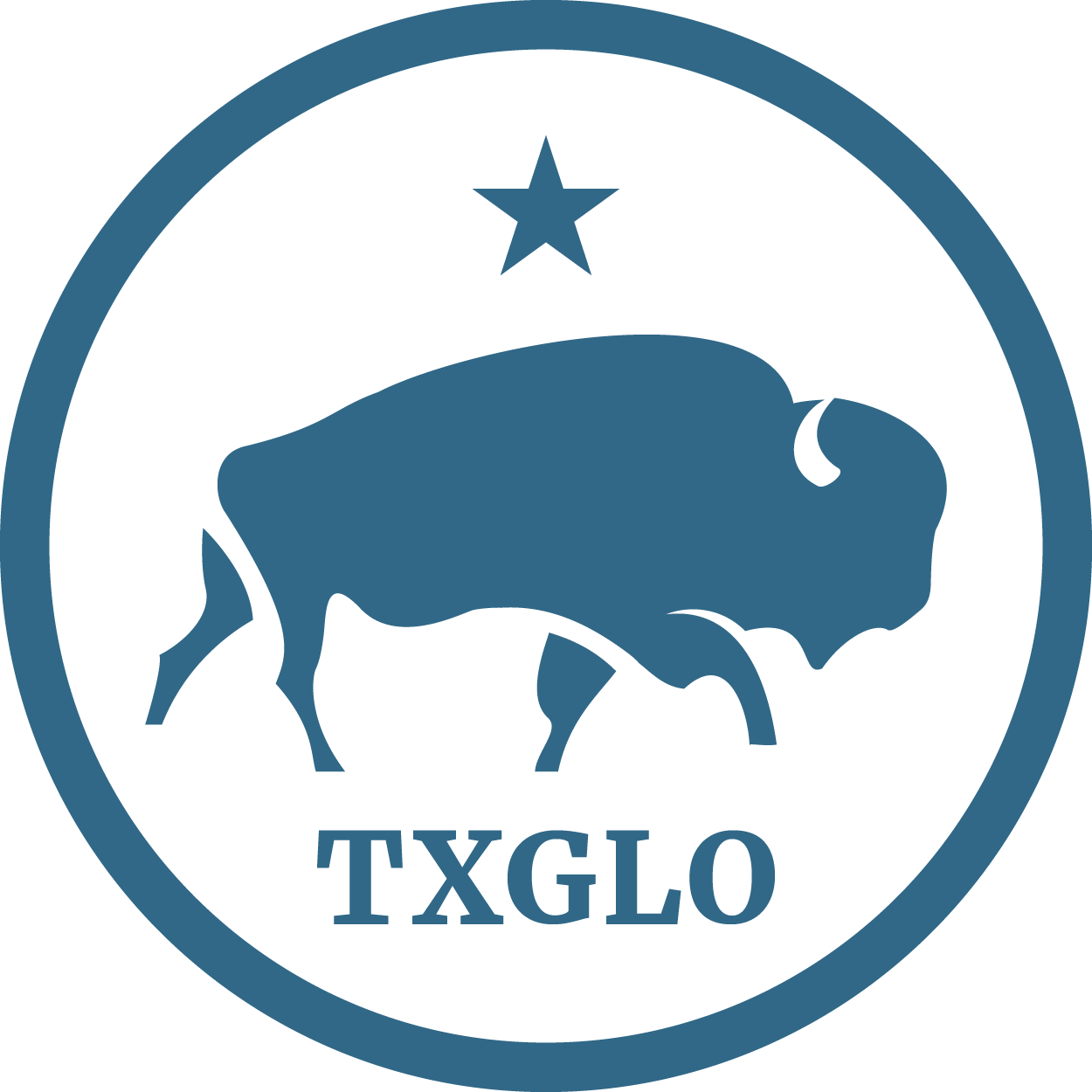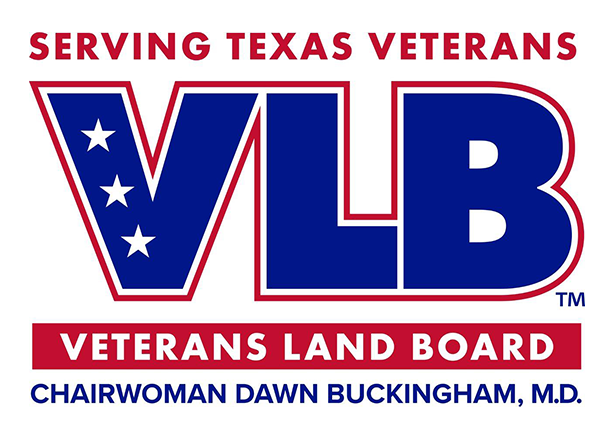Background
The GLO local infrastructure program ($413 million) funds projects that rebuild damaged infrastructure, increase resiliency, and promote long-term housing recovery.
The GLO allocated the funds to regional Council of Governments’ (COGs) based on a HUD approved needs assessment. The locally-led COGs then conducted methods of distribution (MODs) for determining infrastructure and buyout and acquisition amounts for cities and counties within each jurisdiction. COG boards are comprised of officials from the impacted communities elected in part to prioritize funds allocated for recovery programs. The MOD process requires public engagement and the GLO reviewed each MOD for compliance with federal rules and requirements before approving each plan.
The program is administered by the GLO with cities and counties serving as subrecipients. Due to the limitation of infrastructure funds available in this allocation, the GLO encourages the prioritization of projects that directly repair damaged facilities, fund FEMA cost shares and mitigation, and flood control facilities. Local leaders prioritized these projects to ensure the most effective use of available funds for infrastructure improvements
Funds Awarded
The GLO continues to execute contracts and conduct kick-off meetings with local governments that will become subrecipients for the program.
Current listing of projects awarded as of March 31, 2020:
Infrastructure Projects Awarded
COG Method of Distribution
Each council of government (COG) developed a method of distribution (MOD) for the funds allocated for their region. The city of Houston and Harris County will develop their own programs and will not be eligible for funds through this MOD.
|
$1,530,000 |
|
|
$3,007,825 |
|
|
$4,305,474
|
|
|
$125,804,238
|
|
|
$510,000 |
|
|
$7,464,224 |
|
|
$36,044,589
|
|
|
$129,751,767 |
|
|
$105,013,221 |
Given the size of the impacted area and how Hurricane Harvey impacted each region differently, local control through a regional approach is vital to long-term recovery. The GLO will provide training, written guidance, and forms to communities allocated funds under the local infrastructure program.
COG requirements for the development of local MODs:
Establish objective criteria for allocation of funds to eligible entities or activities;
Citizen participation process:
- Develop a citizen participation plan
- Conduct a minimum of two (2) public hearings prior to finalizing the MOD
- (1) One (1) public hearing shall be a “Public Planning Meeting”
- Ensure a public comment period;
- Implement a minimum of $100,000 in CDGB-DR funds to any local entity receiving funding through the MOD;
- Ensure a minimum percentage of funds are allocated to most impacted counties and zip codes;
- Facilitate local prioritization through the MOD;
- Reallocation of funds from de-obligated funds and/or cost savings from completed projects will be the discretion of the GLO within the region;
- A plan to meet the 70 percent low- and moderate-income benefit requirement; and
- Establish any additional parameters for eligibility beyond what is required by HUD or the GLO
Eligible Activities: All activities allowed under CDBG-DR; HCDA Section 105(a)(1-5), 105(a)(7-9), and 105(a)(11), including but not limited to:
- Flood control and drainage repair and improvements, including the construction or rehabilitation of storm water management system;
- Restoration of infrastructure (such as water and sewer facilities, streets, provision of generators, removal of debris, bridges;
- Demolition, rehabilitation of publicly or privately-owned commercial or industrial buildings, and code enforcement;
- Economic development (such as microenterprise and small business assistance, commercial rehabilitation, and special economic development activities, including prioritizing assistance to businesses that meet the definition of a small business); and
- Public service (such as job training and employment services, healthcare, child care, and crime prevention within the 15 percent cap).
For program questions, please email cdr@recovery.texas.gov or call 1-844-893-8937 or 512-475-5000.








